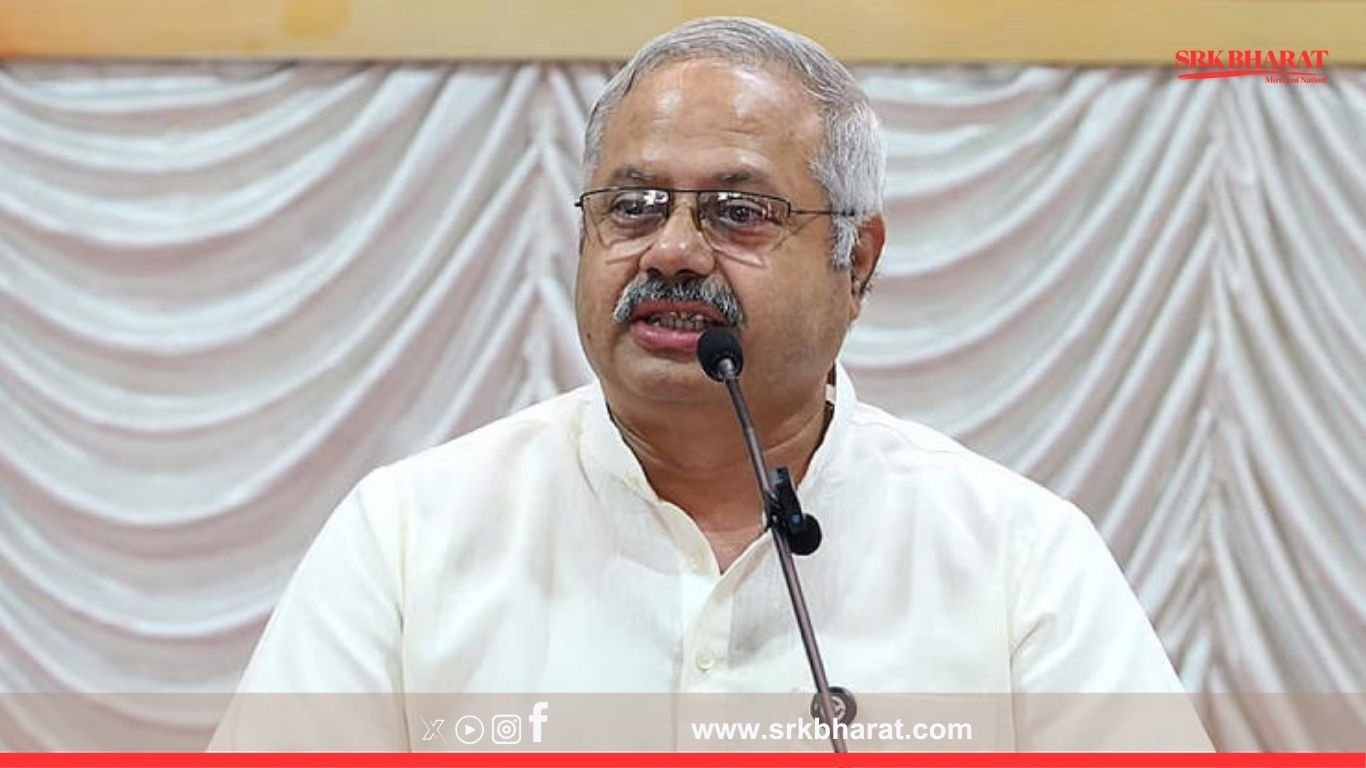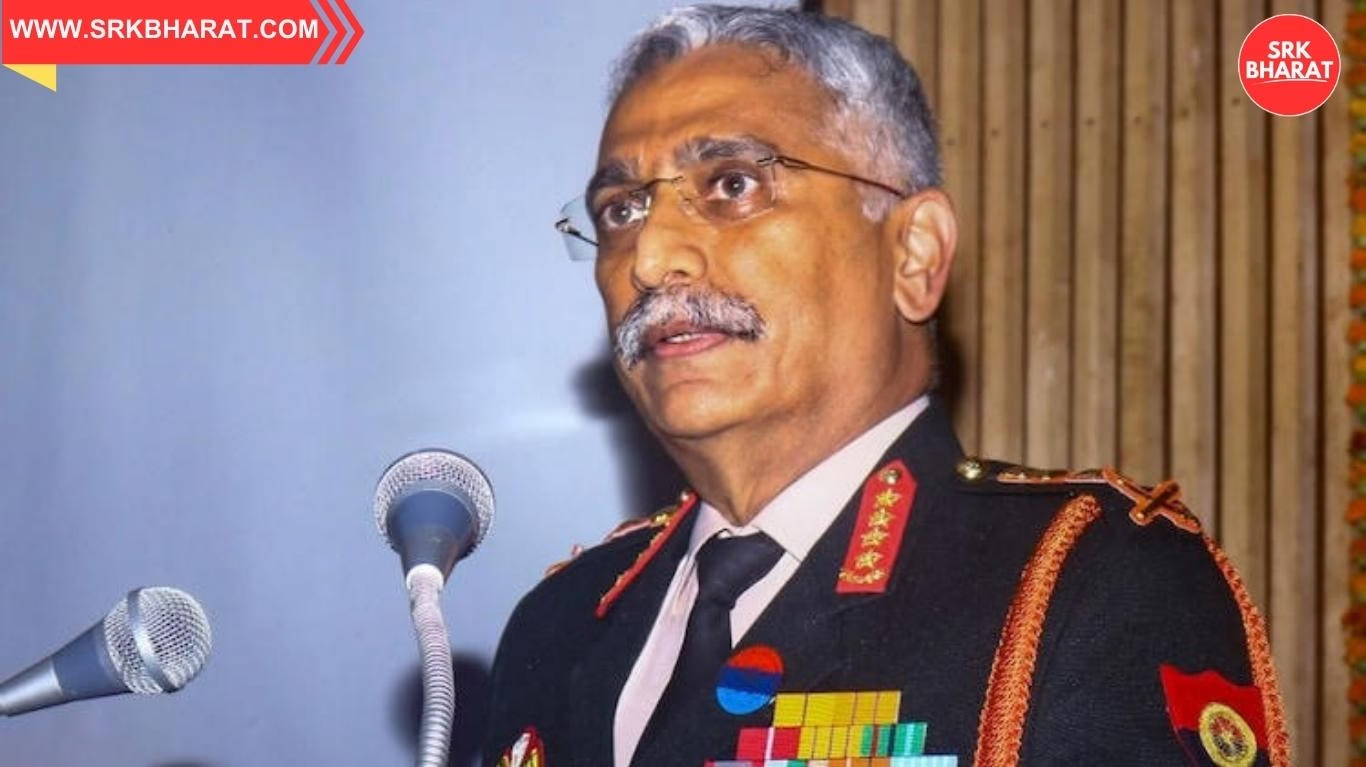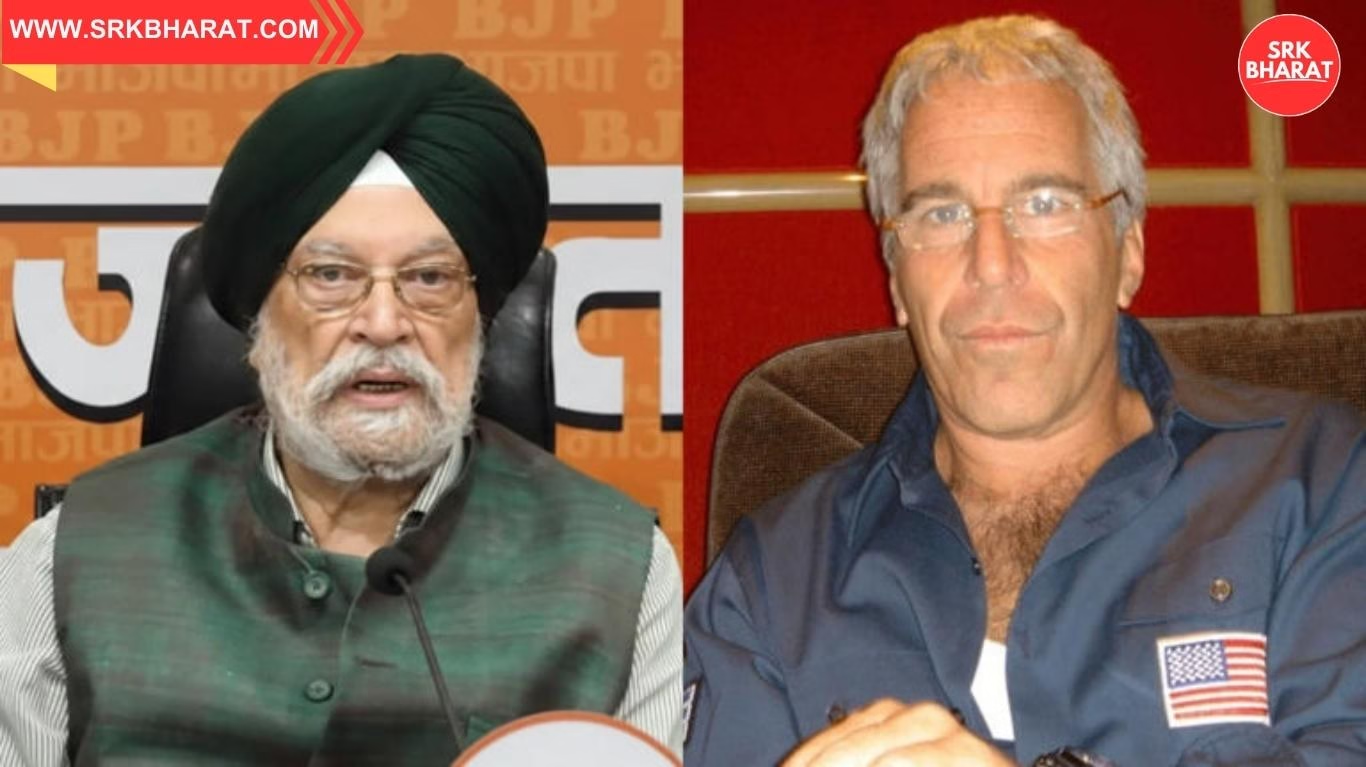In a notable divergence from the Bharatiya Janata Party (BJP), its ideological mentor Rashtriya Swayamsevak Sangh (RSS) has publicly emphasised that primary education in Maharashtra must use the state’s mother tongue, Marathi, as the medium of instruction, rather than pushing Hindi-centric models. The stance highlights an emerging difference within the Sangh Parivar on the linguistic approach in school education policies.
Context: BJP’s Policy Push on Hindi
The Maharashtra BJP leadership has been actively advocating for:
- Introduction of Hindi as a medium of instruction in selected government and aided schools to ‘nationally integrate’ students.
- Strengthening Hindi proficiency from the primary level to align with National Education Policy (NEP) 2020 goals of multilingual education.
State BJP education cell leaders recently proposed pilot projects for Hindi-medium classes in districts with high migrant populations, such as Mumbai, Thane, Nagpur, Nashik, and Pune.
RSS’ Official Position
RSS Akhil Bharatiya Prachar Pramukh Sunil Ambekar, speaking at a Nagpur education seminar, stated:
“Primary education must be in the mother tongue of the state. In Maharashtra, Marathi is the natural medium of instruction for conceptual clarity and emotional grounding of children.”
He added that while Hindi and English are important, they should be taught as languages alongside the core cognitive development in Marathi.
Why the RSS Stance Matters
| Issue | RSS Position |
|---|---|
| Medium of Instruction | Primary schooling should be in Marathi for cognitive and cultural reasons. |
| Role of Hindi | Should be taught as an additional language, not replace mother tongue in early education. |
| NEP Implementation | Supports NEP’s multilingual goals but with state language primacy at foundational levels. |
This position aligns with RSS’ longstanding belief in regional linguistic identity preservation as essential to national integration rather than mere homogenisation.
Political Implications for BJP in Maharashtra
- Regional Sentiment: Maharashtra has a strong linguistic pride movement. Shiv Sena (UBT), NCP (SP), and Congress have criticised any Hindi imposition attempts as undermining Marathi identity.
- Coalition Dynamics: Shinde-led Shiv Sena, an NDA ally, is rooted in Marathi pride politics and may find RSS’ stance politically beneficial.
- Electoral Calculus: Upcoming civic polls in Mumbai, Thane, and Pune will test parties’ sensitivity to Marathi linguistic concerns.
Reactions Across the Spectrum
| Stakeholder | Reaction Summary |
|---|---|
| Maharashtra BJP Leaders | Maintained that pilot Hindi-medium classes are optional and only aimed at migrant inclusion, not undermining Marathi. |
| RSS Functionaries | Emphasised clarity in policy communication to avoid public misconceptions about language priorities. |
| Shiv Sena (UBT) | Welcomed RSS’ stance, accusing BJP of ignoring Marathi for Hindi vote-bank politics. |
| Marathi Linguistic Organisations | Applauded RSS’ reiteration, demanding legislation to protect Marathi medium in all primary schools. |
Marathi as Medium: Educational Rationale
Educational psychologists and child development experts consistently advocate mother tongue as the optimal medium for foundational literacy and numeracy, citing:
- Better conceptual understanding and critical thinking.
- Stronger socio-emotional connection with learning.
- Easier transition to multilingual competencies later.
This is also reflected in NEP 2020, which recommends mother tongue or regional language as medium of instruction at least up to Class 5.
Existing Language Policy Framework in Maharashtra
| Language | Status |
|---|---|
| Marathi | Compulsory subject in all schools till Class 10 as per Maharashtra Compulsory Marathi Language in Schools Act, 2020. |
| Hindi | Taught as second or third language in most schools. |
| English | Predominant medium in private schools; taught as language in Marathi-medium and Hindi-medium schools. |
BJP’s Clarification on Its Hindi Push
State BJP spokesperson Madhav Bhandari said:
“We are not imposing Hindi. Pilot Hindi-medium classes are proposed in specific schools catering to migrant communities to reduce their dropout rates. Marathi remains the primary medium of education in the state.”
However, RSS’ firm articulation is likely to influence BJP’s final decision-making on this policy, given the upcoming municipal and local body elections.
RSS’ Larger Linguistic Vision
RSS has historically advocated:
- Promotion of mother tongues as foundational education mediums.
- Hindi as a unifying national language, while not undermining regional languages.
- Sanskrit promotion as a cultural unifier across states.
Potential Impact on Future Policy Implementation
| Area | Expected Outcome |
|---|---|
| Primary Education Policy | Reinforced primacy of Marathi as medium of instruction. |
| NEP Roll-out in Maharashtra | Multilingual education with Marathi at core, Hindi and English as secondary/third languages. |
| Political Narratives | BJP likely to recalibrate messaging to align with RSS and regional linguistic sentiments. |
Voices from Academia
Educationist and Marathi language activist Dr. Anjali Gokhale commented:
“RSS’ statement is a victory for mother tongue education. NEP goals can be achieved only by strengthening Marathi schooling, not diluting it with unnecessary Hindi imposition in primary classes.”
Conclusion
The divergence between RSS and BJP on the medium of instruction in Maharashtra’s schools signals an important ideological reminder within the Sangh Parivar. While BJP seeks to expand Hindi’s presence to integrate migrant populations, RSS has reiterated its foundational belief that regional languages form the bedrock of India’s cultural unity.
As Maharashtra prepares for critical urban body elections, the emphasis on Marathi linguistic pride and identity is set to remain a politically decisive factor, shaping education policy narratives in the months ahead.
Disclaimer: This news content is intended for informational and analytical reporting only. Readers are advised to refer to official government and RSS statements for authoritative positions before forming opinions or decisions based on this report.











